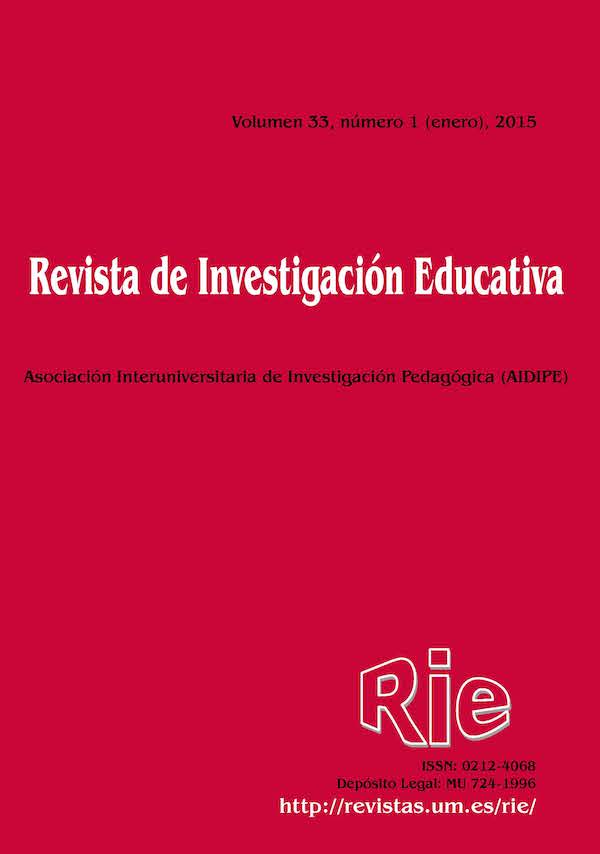Analysing and assessing the integration process of the Basic Competences in Primary Education
Abstract
The goal of this research study is to assess the integration process of the Basic Competences (CCBB) in the daily work of Primary Education teachers of a Spanish autonomous community. 412 teachers (296 women and 116 men; Mean age = 43.9 years) answered a specially designed questionnaire of 12 items in a 6-point Likert scale. Results show that the majority of the teachers had incorporated the CCBB in their class programs. However, they declared that the real degree of development of the CCBB was very low. Gender, age, initial teacher training, level of specific instruction on CCBB, and age group instructed were distinctive variables on teachers’ perceptions of CCBB integration. Teachers with a specialist profile declared that they have integrated more the CCBB that teachers with a general profile. Regarding the relevance that they give to each competence, those competences closely related to instrumental areas are considered more important than the transversal ones. However, teachers with a specialist profile considered the transversal competences more valuable, while teachers with a general profile considered the instrumental ones more important.
Downloads
-
Abstract5717
-
PDF (Español (España))3618
The articles and scientific documents published in RIE abide the following conditions:
1. The Servicio de Publicaciones de la Universidad de Murcia (the publisher) has the property rights (copyright) of all the documents published and allows the reuse under the user’s license indicated in point 2.
2. All documents are published in the digital edition of RIE under a Creative Commons Reconocimiento-NoComercial-SinObraDerivada 4.0 Internacional. (legal document) license. These documents can be copied, used, distributed, communicated and explained publicly if: i) the author(s) and its original source of publishing (magazine, publisher and URL of the document) are cited; ii) it is not used for commercial purpose; iii) the existence and the specifications about this license are mentioned.
3. Auto-archive’s conditions. The authors are allowed and encouraged to digitally distribute the pre-print versions (a version before evaluation) and/or post-print (a version that it is already evaluated and accepted to its publication). This promotes circulation and distribution earlier and can increase the citations and significance within the academic community.










